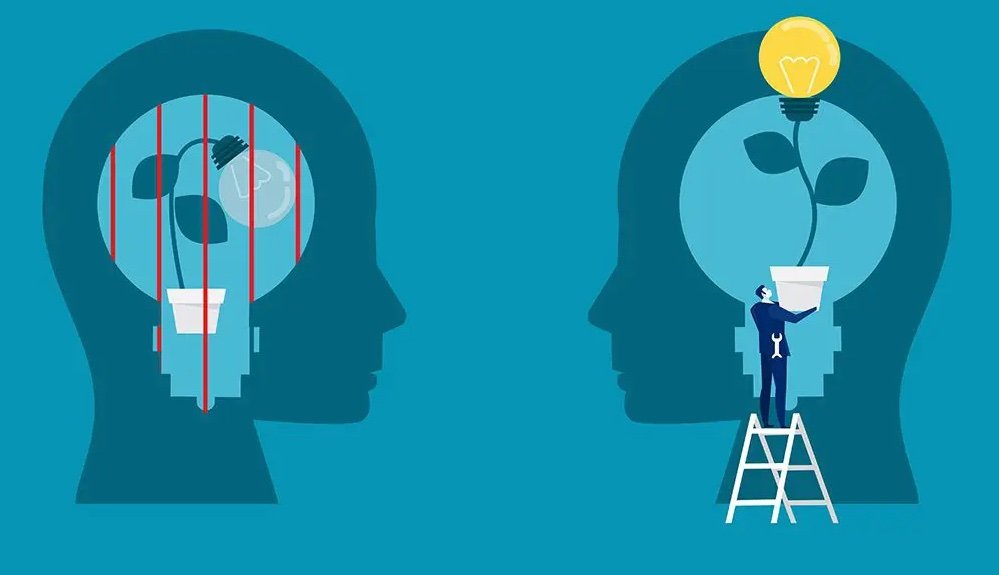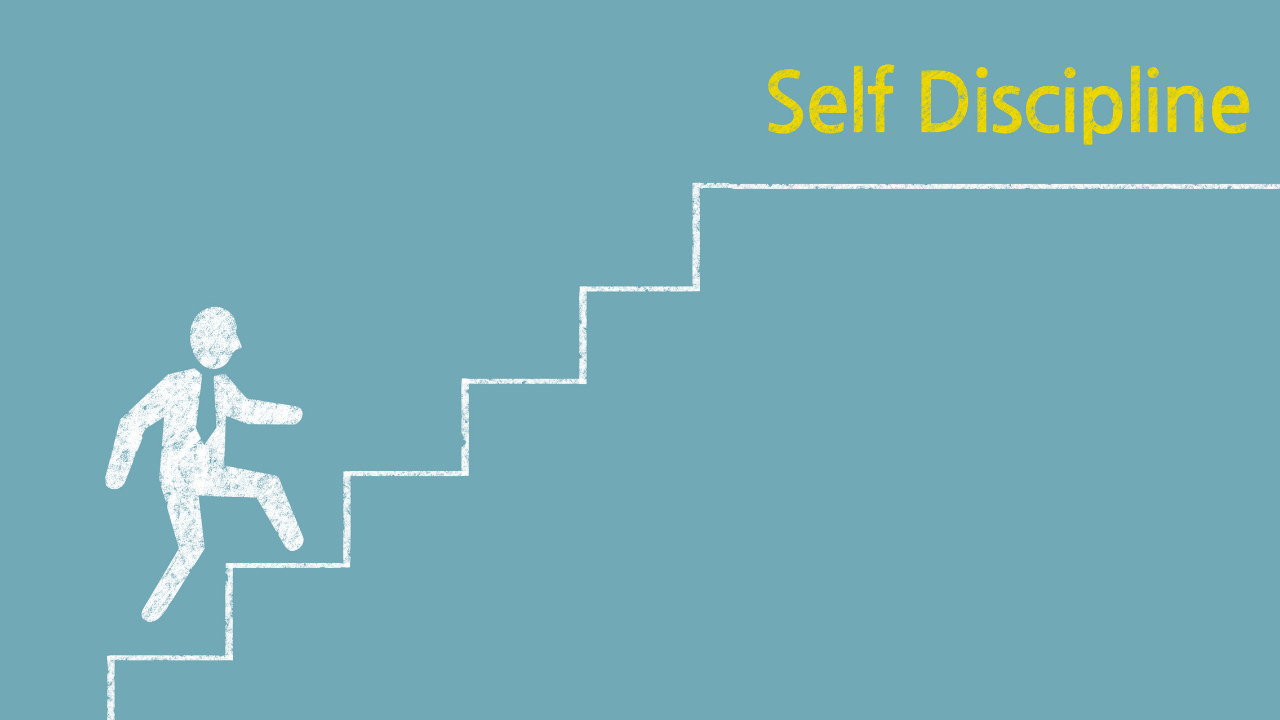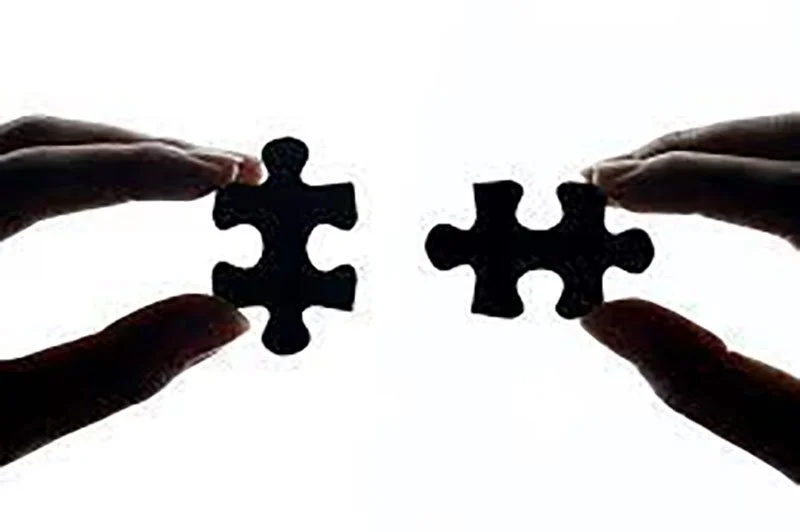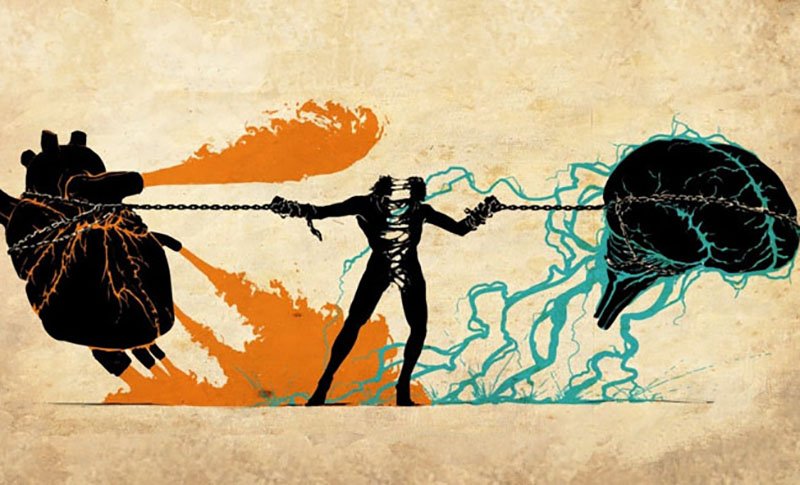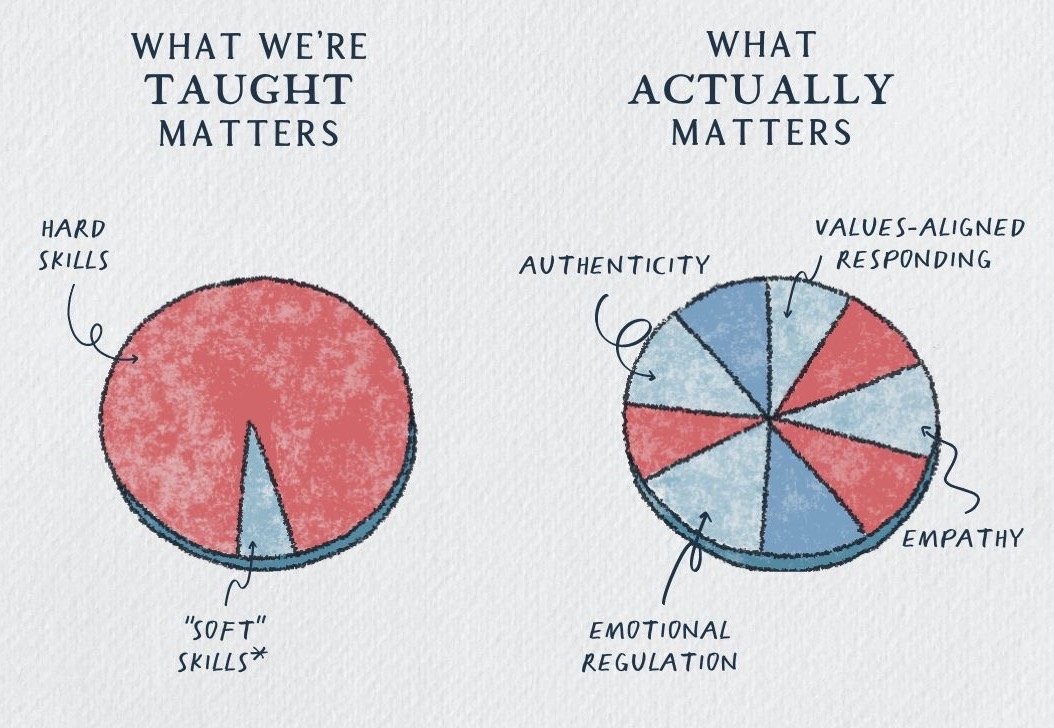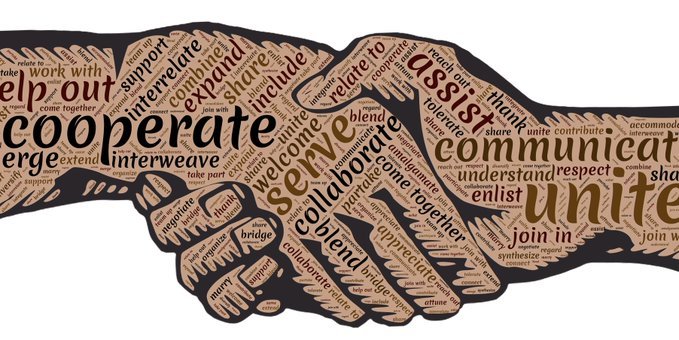When we think about the people who have shaped our personal and professional growth, mentors often rise to the top of the list. What actually makes a mentor great? It’s not just about experience or expertise, it’s about how they show up for you, challenge you, and help you grow into your best self.
Great mentors often see your potential before you do, they challenge you to stretch beyond your comfort zone, pushing you in ways you may not expect but always need. Instead of handing you answers, they encourage you to ask better questions, refining your thinking, sharpening your curiosity, and helping you navigate uncertainty with more confidence. They understand that growth is a journey, not a destination. That's why they expect and encourage continuous improvement, cheering you on through small wins and big lessons alike. And while they support you in setting goals, they also dare you to dream bigger than you thought possible.
One of the most powerful things a mentor can do is challenge your assumptions. They help you uncover blind spots, see from new perspectives, and think more critically about your choices and beliefs. And here’s something you might not always notice right away: the best mentors are still learning, too, as they embody humility and curiosity, showing that growth never really ends. Good mentors also value independence. They respect mentees who take initiative, explore ideas on their own, and come to the table with insights and questions. Self-taught learners are often deeply appreciated, because they reflect the kind of drive and ownership that makes mentorship truly meaningful.
At the heart of it all, a great mentor isn’t trying to mold you into their image. Their goal is to teach you how to think, not what to think. So, you can step fully into your own voice, vision, and power. Whether you're lucky enough to have a great mentor now or hoping to become one yourself, I think it’s important to remember that mentorship is less about giving answers and more about creating space for growth, reflection, and transformation.









